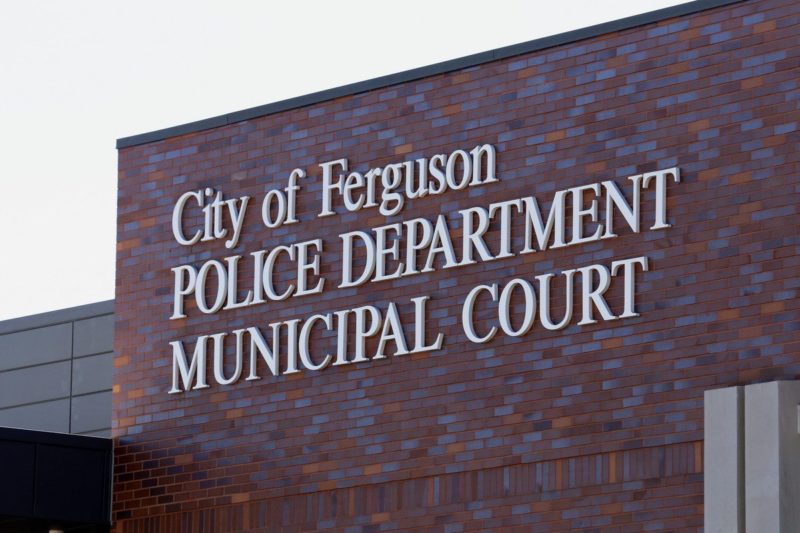Ferguson Officials Mull Options for Financing Justice Department Settlement
Mayor James Knowles III says he now has few options before him: either put the property tax measure back on the ballot in August or start cutting public sector jobs and budgets.

Residents of Ferguson, Missouri, have voted against one of two proposed tax hikes that would have helped the city finance sweeping reforms required by a settlement with the Department of Justice. The settlement came after an investigation into Ferguson’s racially biased, unconstitutional policing and municipal practices.
The investigation followed on the heels of months of protests in the St. Louis suburb over the police killing of Michael Brown, an unarmed Black teenager who was shot by a white police officer named Darren Wilson in August 2014. What began as a probe into a case of police brutality ultimately revealed a system of institutionalized racism, in which Ferguson’s police department and municipal courts routinely and disproportionately targeted Black residents for arrests and fines.
The justice department proposed widespread reforms, including an overhaul of the Ferguson police department’s use-of-force policies and an end to the “quota” system of citations that had turned Black residents, who comprise 67 percent of Ferguson’s 21,000-strong population, into a revenue stream for the city.
Ferguson’s City Council unanimously agreed to sign the deal with the justice department in mid-March, after the city’s attempts to revise the terms of the settlement prompted a federal lawsuit a month prior.
According to the New York Times, meeting the terms of the federal agreement, also called a consent decree, could cost Ferguson an estimated $1.5 million in the first year, roughly $880,000 the following year, and $750,000 in year three. This includes the cost of providing officers and jail workers with body cameras, implementing diversity training for police, and hiring a monitor to oversee the city’s criminal justice system, among other measures.
Ferguson Mayor James Knowles III had hoped that the two proposed taxes—a half-cent economic development sales tax, and a property tax increase that would have cost homeowners an estimated $76 annually on properties worth $100,000—would boost the city’s coffers and cancel out 80 percent of its current $2.9 million deficit, the Associated Press (AP) reported.
Officials were expecting both proposals to pass, but on Tuesday the property tax measure failed, securing 57 percent of the vote instead of the required two-thirds majority. The week before, Knowles had told the AP, “If we don’t pass both [tax measures] I would say it would be highly unlikely to fully comply with the consent decree.”
Knowles says he now has few options before him: either put the property tax measure back on the ballot in August or start cutting public sector jobs and budgets, including laying off police officers and closing one of the city’s two fire stations, he told AP reporters after the vote.
“It appears as though Knowles is trying to run out the clock here, or at least re-negotiate with the Department of Justice,” said Jessica Mason Pieklo, vice president of law and the courts at Rewire. “Shuffling off on to taxpayers the justice department’s obligations is simply not an option.”
“Ferguson will have to find a way to comply with the consent decree or risk further legal action by the justice department,” she added. “The city’s obligations under the consent decree do not contain an escape clause for financial hardship or some other kind of ‘political impossibility.’”

